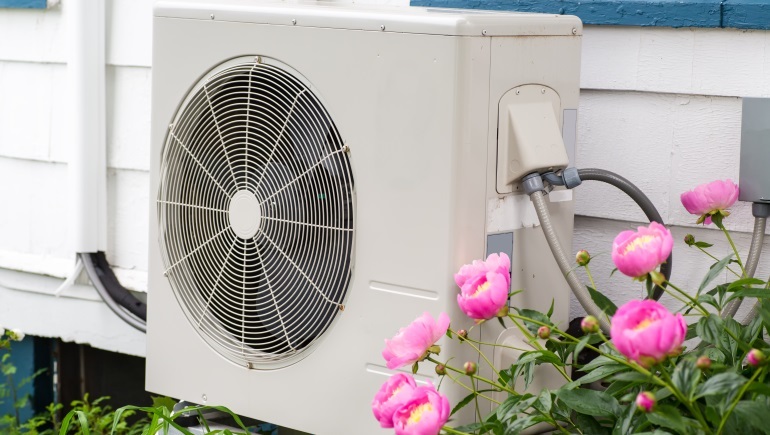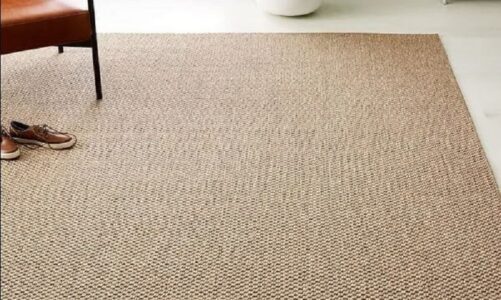Heat pump technology is a type of technology that uses a heat pump system to transfer heat from one area to another. Heat pumps are used to transfer heat from the outside air, ground, or water to a building or other space. Heat pumps can also be used to cool a space by transferring heat from inside the building to the outside. Heat pumps are often used in heating, ventilation, and air conditioning (HVAC) systems.
Advantages Of Heat Pump
- Energy Efficiency: Heat pumps are more energy efficient than traditional heating and cooling systems, as they use the same energy to both heat and cool a space.
- Cost Savings: Heat pumps can save you money on your energy bills by using less energy than traditional heating and cooling systems.
- Environmentally Friendly: Heat pumps are an environmentally friendly option, as they use a renewable energy source (the air or ground) to heat and cool your home.
- Versatility: Heat pumps can be used to both heat and cool a space, making them a versatile option for all climates.
- Comfort: Heat pumps provide consistent, comfortable temperatures throughout your home.
- Quiet Operation: Heat pumps are relatively quiet compared to other heating and cooling systems.
Disadvantages Of Heat Pump
- High Initial Cost: Heat pumps are more expensive than traditional heating systems.
- Limited Efficiency in Cold Climates: Heat pumps are not as efficient in cold climates as in mild climates.
- Longer Run Time: Heat pumps take longer to heat and cool a space than traditional systems.
- Noise: Heat pumps can be noisy when operating.
- Susceptible to Damage: Heat pumps are susceptible to damage from debris, ice, and other environmental factors.
Tips For Choosing The Best Heat Pump
- Consider the size of your home: Heat pump system (ระบบ ฮี ท ปั๊ม, which is the term in Thai) comes in a variety of sizes, so it’s essential to choose one that is the right size for your home. An oversized unit will be inefficient and cost more to operate, while an undersized unit won’t be able to keep up with your heating and cooling needs.
- Look for an energy-efficient model: Heat pumps come with different energy efficiency ratings, so look for one that is Energy Star certified. This will help you save money on your energy bills.
- Check the warranty: Make sure the heat pump you choose has a good warranty covering parts and labour.
- Consider the climate you live in: Different heat pumps are designed for different climates. Make sure you choose one that is designed for your climate.
- Research different brands: Research different brands of heat pumps to find one that is reliable and has a good reputation.




